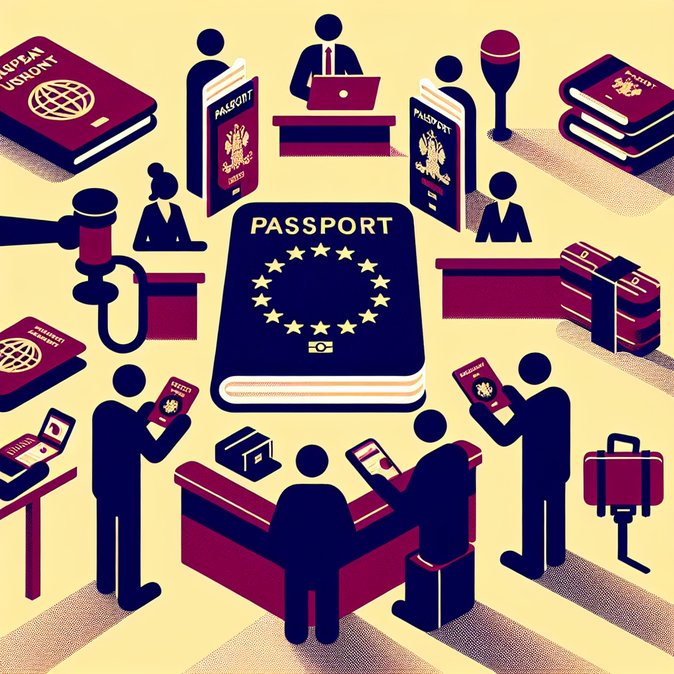
The European Commission announced on 11 November 2025 that Cyprus, along with Greece, Spain and Italy, will qualify for assistance from a new EU ‘solidarity pool’ designed to ease migratory pressure when the bloc’s Pact on Migration and Asylum enters into force in 2026.
Under the mechanism, other member states must choose how to contribute—either by relocating asylum-seekers from the frontline states, providing financial support, or supplying assets such as border-management technology. The Commission highlighted that Cyprus faces a “disproportionate level of arrivals” relative to its size, despite a 35 % decrease in irregular crossings EU-wide during the past year.
![EU names Cyprus as priority beneficiary of new migration ‘solidarity pool’ starting mid-2026]()
For Cyprus, eligibility means access to targeted funding and operational aid at a time when the island is already investing heavily in fast-track asylum processing and voluntary-return programmes. Interior Ministry officials in Nicosia welcomed the designation, arguing it vindicates their push for “mandatory solidarity” rather than ad-hoc pledges.
Corporate immigration advisers note that the solidarity pool could indirectly benefit employers: faster processing and better-resourced reception systems may reduce backlogs that currently slow down work-permit renewals and create compliance headaches for multinational companies. However, businesses should also anticipate tighter enforcement at entry points as Cyprus deploys EU-funded surveillance drones and anti-drone systems announced in the same package.
Member states have until early 2026 to submit offers of support, after which the Commission will finalise allocations—a timetable that gives relocation planners a clear window to adjust workforce strategies and anticipate potential policy shifts.
Under the mechanism, other member states must choose how to contribute—either by relocating asylum-seekers from the frontline states, providing financial support, or supplying assets such as border-management technology. The Commission highlighted that Cyprus faces a “disproportionate level of arrivals” relative to its size, despite a 35 % decrease in irregular crossings EU-wide during the past year.

For Cyprus, eligibility means access to targeted funding and operational aid at a time when the island is already investing heavily in fast-track asylum processing and voluntary-return programmes. Interior Ministry officials in Nicosia welcomed the designation, arguing it vindicates their push for “mandatory solidarity” rather than ad-hoc pledges.
Corporate immigration advisers note that the solidarity pool could indirectly benefit employers: faster processing and better-resourced reception systems may reduce backlogs that currently slow down work-permit renewals and create compliance headaches for multinational companies. However, businesses should also anticipate tighter enforcement at entry points as Cyprus deploys EU-funded surveillance drones and anti-drone systems announced in the same package.
Member states have until early 2026 to submit offers of support, after which the Commission will finalise allocations—a timetable that gives relocation planners a clear window to adjust workforce strategies and anticipate potential policy shifts.


